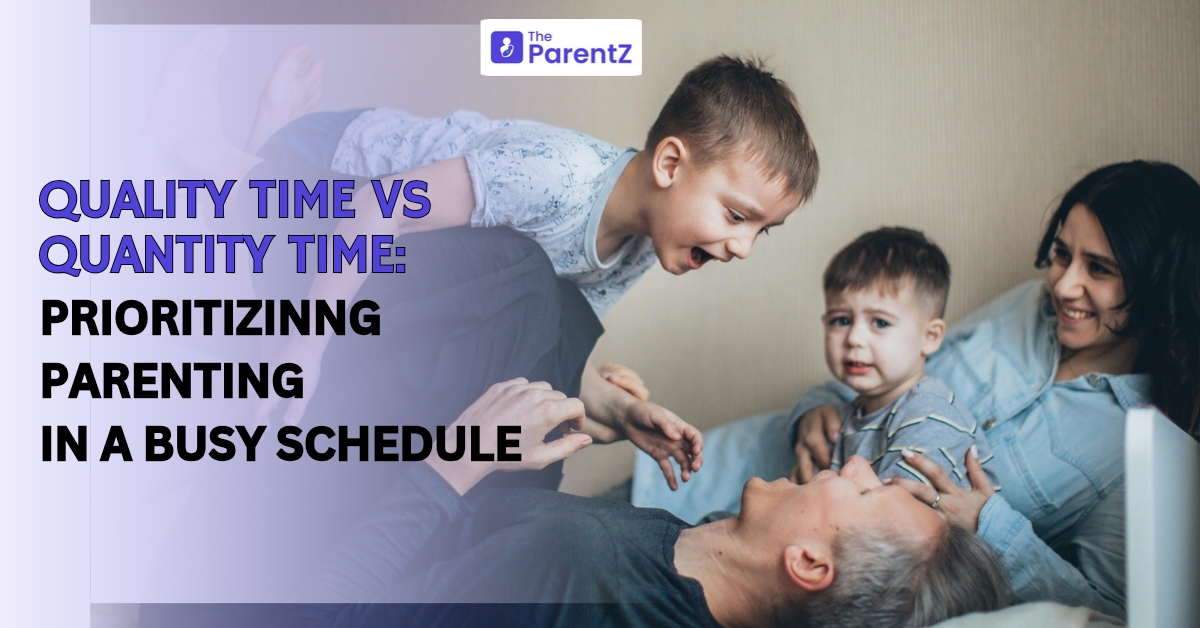Being a parent in today’s world feels like a constant juggling act. Work deadlines loom, errands pile up, and don’t even get us started on the ever-expanding to-do list. In the midst of it all, a nagging question often arises: quality time vs. quantity time with our kids? Is one more important than the other?
The truth is, it’s not an either/or situation. Our children crave both. They need the security of knowing we’re around (quantity time), but they also yearn for our focused attention (quality time). Here’s the catch: busy schedules are a reality, and teenagers, bless their developing brains, might not always understand the complexities of adult life.
Let’s face it, from a teenager’s perspective, all they see is a distant parent, physically present but emotionally unavailable. This distance can breed doubt and insecurity. “Do they even care?” “Am I not important enough?” These are questions that can fester and damage the very foundation of your relationship.
So, how do we bridge this gap? Here are some tips to navigate the messy middle
Tips to navigate the messy middle
- Small, Consistent Wins: Quality time doesn’t have to be elaborate. A shared breakfast before school, a post-dinner conversation without distractions, or even a five-minute chat before bed can create a world of difference. Consistency is key – these little moments build a foundation of connection.
- Embrace the Unexpected: Life throws curveballs. Use them! Stuck in traffic? Call your teen and chat about their day. Waiting for an appointment? Send a funny meme or a quick text expressing your love.
- Quality over Quantity (But Don’t Ditch Quantity!): Focus on being fully present when you are with your teen. Put away the phone, silence notifications, and give them your undivided attention. However, don’t neglect quantity entirely. Family dinners, movie nights, or even just hanging out in the same room (electronics off!) send a powerful message: “You matter.”
- Remember, They’re Still Learning: Teenagers are a work in progress. They might not always express their needs clearly, or respond in the way we’d like. Patience and open communication are crucial.
- Be Honest (But Age-Appropriate): It’s okay to explain your busy schedule but frame it in a way they can understand. Talk about your goals and aspirations, and emphasize that you’re working to build a future for them as well.
Remember, You’re Not Wrong for Building a Life
Here’s the truth: it’s healthy for both you and your teenager to have a life outside the family unit. Having a fulfilling career or pursuing your passions shows your kids that it’s important to have a life beyond parenthood.
The Key is Balance
The key is finding that sweet spot between your personal needs and your family’s well-being. It’s about making conscious choices and creating pockets of quality time that show your teenager, “I see you, I hear you, and you matter to me.”
Building a strong relationship with your teenager is an ongoing process. It takes effort, creativity, and a willingness to adapt. Remember, you’re not alone in this. By incorporating these tips and prioritizing connection, you can create a bond that will weather the storms of adolescence and beyond. After all, the memories you build today will be the foundation of your relationship tomorrow.








Be the first one to comment on this story.